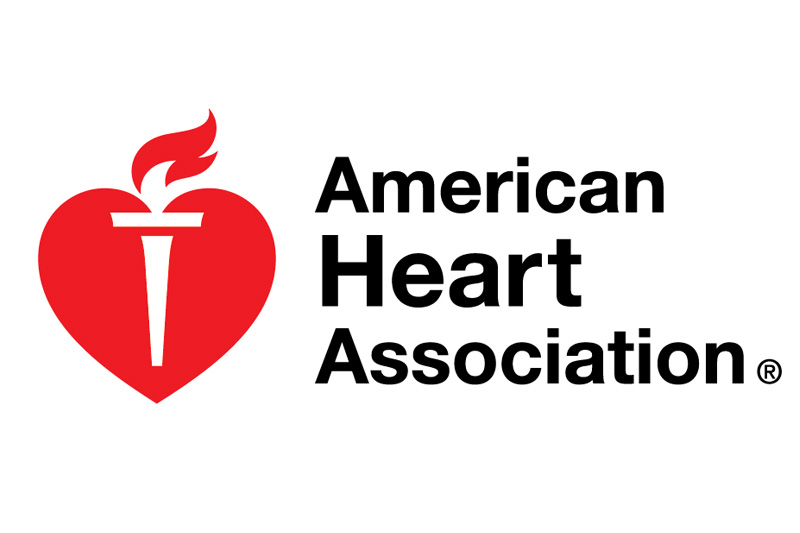How High Blood Pressure Affects Brain Health
 On our Cognitive Therapeutics Method blog, we have often noted the link between heart and brain health, highlighting the importance of exercise in promoting blood flow and keeping aging brains healthier for longer. On October 10th, 2016, the American Heart Association issued a scientific statement emphasizing that high blood pressure is a major risk factor for cognitive impairment, once again solidifying the link between heart health and cognitive functioning, including the risk for developing Alzheimer’s or other forms of dementia.
On our Cognitive Therapeutics Method blog, we have often noted the link between heart and brain health, highlighting the importance of exercise in promoting blood flow and keeping aging brains healthier for longer. On October 10th, 2016, the American Heart Association issued a scientific statement emphasizing that high blood pressure is a major risk factor for cognitive impairment, once again solidifying the link between heart health and cognitive functioning, including the risk for developing Alzheimer’s or other forms of dementia.
The statement was issued after reviewing multiple studies on the association between blood pressure and the risk for cognitive impairment, concluding that high blood pressure, especially in middle age, is linked to an increased risk of dementia.
Although the warning is founded upon multiple studies, the American Heart Association does acknowledge that it is not clear yet as to whether reducing and controlling high blood pressure will decrease an individual’s likelihood of developing dementia. It will benefit the heart in reducing the risk of heart attacks, stroke and other heart diseases, but further studies are needed on the exact cause and effect of high blood pressure on the brain to determine its role in Alzheimer’s and dementia.
High blood pressure is not the sole cause of dementia – diet, drinking and smoking habits, race, gender and countless other factors have been said to play a role in the incidence of dementia.
For the time-being, it is important to live a healthy, well-rounded lifestyle. The Cognitive Therapeutics Method™ focuses on a healthy diet, physical activity and mentally-engaging activities to promote long-term brain health. To learn more about the Method, visit www.HomeCareAssistance.com/Cognitive-Therapeutics-Method.
Sources
http://newsroom.heart.org/news/high-blood-pressure-and-brain-health-are-linked?preview=381a

 Older adults from four different assisted living facilities participated in the study for six weeks. Participants attended two sessions per week for 45 minutes each; each session included strength, balance and flexibility exercises as well as laughter exercises. After every two to four physical exercises, the group practiced between eight and ten laughter exercises for 30 to 60 seconds each. Laughter is thought to strengthen and relax muscles, which is why it was done consistently throughout the work out session.
Older adults from four different assisted living facilities participated in the study for six weeks. Participants attended two sessions per week for 45 minutes each; each session included strength, balance and flexibility exercises as well as laughter exercises. After every two to four physical exercises, the group practiced between eight and ten laughter exercises for 30 to 60 seconds each. Laughter is thought to strengthen and relax muscles, which is why it was done consistently throughout the work out session. Due to the limitations of pharmacological approaches to dementia and other forms of cognitive decline, scientists are relying more on non-pharmacological treatment plans, such as cognitive therapy, as a way to help delay the onset and slow the progression of symptoms of cognitive decline. Non-pharmacological interventions are based on the concept of neuroplasticity, which is the brain’s ability to reorganize connections in the brain, create new connections and even create new neurons under some circumstances. Generally, neuroplasticity occurs in two instances: as a result of learning and experience or a result of damage to the brain.
Due to the limitations of pharmacological approaches to dementia and other forms of cognitive decline, scientists are relying more on non-pharmacological treatment plans, such as cognitive therapy, as a way to help delay the onset and slow the progression of symptoms of cognitive decline. Non-pharmacological interventions are based on the concept of neuroplasticity, which is the brain’s ability to reorganize connections in the brain, create new connections and even create new neurons under some circumstances. Generally, neuroplasticity occurs in two instances: as a result of learning and experience or a result of damage to the brain. Published in the journal Aging, Bredesen and his research team studied ten people who were experiencing age-related memory loss. Nine of the ten participants had genetic mutations in the APOE4 gene associated with Alzheimer’s disease, putting them at high risk. Participants used a technique called metabolic enhancement for neurodegeneration (MEND), a 36-point personalized regimen focused on a healthy diet, exercise routine, brain stimulation, sleep improvements, medication and vitamins for 5 months to 2 years.
Published in the journal Aging, Bredesen and his research team studied ten people who were experiencing age-related memory loss. Nine of the ten participants had genetic mutations in the APOE4 gene associated with Alzheimer’s disease, putting them at high risk. Participants used a technique called metabolic enhancement for neurodegeneration (MEND), a 36-point personalized regimen focused on a healthy diet, exercise routine, brain stimulation, sleep improvements, medication and vitamins for 5 months to 2 years. The Cognitive Therapeutics team has noted the link between heart and brain health in previous posts, such as “
The Cognitive Therapeutics team has noted the link between heart and brain health in previous posts, such as “